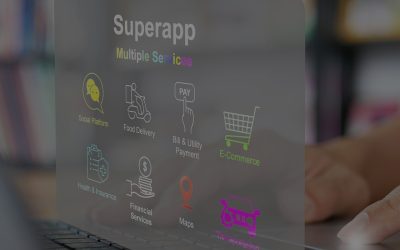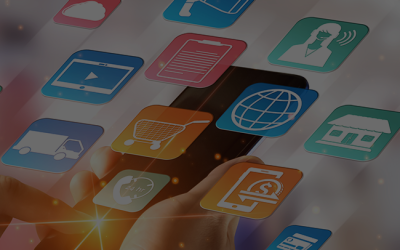How COVID crisis will change the care delivery model
The world is struggling with the pandemic and resulting global economic crisis. COVID-19 presents unique difficulties and challenges across geographies. As of June 23rd, coronavirus has spread to 188 countries and has infected over 9 million people & 472K deaths1. The Healthcare System in the western world – one of the most advanced in the world – is under deep stress due to the coronavirus. Many of these highly affected nations and their healthcare ecosystem companies are rationalizing all their resources to handle this disturbing situation but there remains a growing concern that the virus could overwhelm fragile healthcare systems across many countries.
Data to save lives
The ask in this pandemic is the sharing of information and best practices at every level from local to global. All stakeholders including governments, pharmaceuticals, hospitals, and citizens need to work together to shift from the diagnosis and cure of the disease to the prediction and prevention of disease.
IT teams across care delivery ecosystems are working tirelessly to ensure that clinical applications such as EHR, LIMS, and other supporting IT systems are working, thus ensuring access at every point of care. Analytics can also help in effective population health efforts by identifying patients who are risk-prone to COVID-19 as well as other homeless patients to narrow their efforts and deploy proactive outreach efforts to check COVID-19 spread. Also, data can be facilitated by the work of care teams creating new alerts systems and methods to stratify COVID-19 patients, helping medical support teams and nurses in decision care delivery. Researchers at Stanford University have launched an interactive, data-driven model that evaluates possible outcomes of non-pharmaceutical interventions for COVID-19, including social distancing and quarantine2.
Telehealth to be the frontrunner of the new care delivery model
With an ever-increasing number of infected patients, COVID-19 has demanded unparalleled coordination and collaboration between private and public healthcare. Physicians, nurses, and other care supporting teams are leading the fight at ground zero. Telehealth can provide contactless care-in-need and thus minimizes the risk transmission. Also, patients in isolation can communicate with their families and friends with mobile phones, tablets, etc., and doctors can remotely monitor vast numbers of patients that are recovering at home.
In the US, CMS, its nodal agency for healthcare regulations, has eased rules around telehealth, allowing physicians to care for patients at rural hospitals via mobile, radio, or online communication – without having to be physically present. Physicians are changing the patterns of their practice because of the COVID-19 pandemic, with nearly half of them using telehealth to treat patients, up from just 18% in 20183. Most countries in the EU have also embraced telehealth and have deployed telehealth solutions and relaxed regulatory requirements attached to it.
The ITC Infotech Advantage
ITC Infotech helped a leading not-for-profit integrated health delivery system provider in the US and provided a comprehensive analytics-driven engagement platform for patient outreach to address gaps in care. ITC implemented a CRM solution that impacted over 200 Contact Agents and 345K patients. The one-stop customer intelligence platform reduced patient phone call-time by ~14%, improved ROI by 3.5%, and improved productivity of the patient experience team by 22% respectively.
ITC Infotech has also recently developed a mobility solution for the COVID 19 surveillance for John Hopkins University. This surveillance applet will help to predict the outburst of Covid-19 in a specific area or county across the US and help healthcare communities & other government authorities to take corrective action as necessary to stop COVID spread.
Improving healthcare is not a singular effort. You need assistance from specialists who can plan a roadmap for you and make the digital transformation seamless. With our healthcare technology experts, you can make the shift from legacy systems to on-cloud cutting-edge technologies.
Moving toward a digitized and connected value care delivery healthcare ecosystem is the need of the hour and we can facilitate the change for you.
Author:
Jeewan Das Mohta
Lead Consultant- Healthcare
Reference:
- COVID-19 Dashboard by the Center for Systems Science and Engineering (CSSE) at Johns Hopkins University (JHU)
- Stanford Launches Data-Driven Model Evaluating COVID-19 Interventions
- Nearly half of physicians using telehealth, up from just 18% in 2018
- There’ll be no ‘back to normal’ for healthcare after COVID-19 crisis











